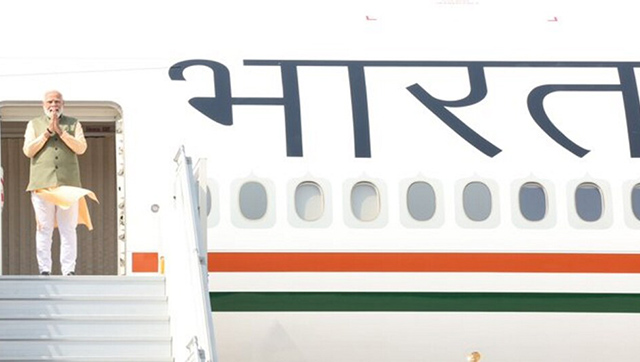The recent demonetisation move has been a landmark phenomenon. It has allowed people to be less cash-dependent and has pushed India to become a financially digital economy. Even though there already was an upward trend in digital transactions, like a rise of 175 percent in mobile transactions from October 2015 to October 2016, the recent demonetisation move has exceptionally accelerated this trend.
An example of this is that there has been a surge of 300 percent in digital payments since the demonetisation initiative was announced. This is good news because an economy where transactions are digital is an economy where there would be more automation of services, which means that there would be more productivity. So, now that more people are open to accepting new digital payment systems, the upcoming budget needs to ensure that this push continues to make India a truly digital economy.
The entire system of a digital economy lies in the hand of two important stakeholders - the users who pay via digital payments and the merchants who accept digital payments. As for users, to achieve the goal of a cash-free India, the government should rationalize all charges and taxes (both indirect and direct) that are levied on digital payment transactions. Income tax rebate should also be given when payments are made digitally. Correspondingly, limits for employee tax benefits, such as meal vouchers, which were set 15 years ago, need to be inflation-adjusted. As for the other stakeholder of a digital economy, the merchants, it is important that the upcoming budget announces measures that motivate merchants to go digital.
The Merchant Discount Rate, which is the charge a merchant incurs for accepting digital payments (such as for accepting debit / credit cards and UPI transactions), should be subsidised and absorbed by the government. Also, card reading machines should be subsidised and made available to merchants at convenient EMIs to push widespread adoption.
In December, the government provided significant income tax advantages to small businesses and merchants for accepting digital payments. In this budget, similar tax incentives should be provided across the board to businesses and merchants across categories.
Another aspect that is crucial for both users and merchants is the availability of resources that aid digital payments in every nook and corner of the country. Therefore, there should be a significant allocation in the upcoming budget for a robust infrastructure network that provides basic essentials for digital payments, like electricity and internet access, to every part of the country.
It is paramount to have an environment that supports new innovations for digital technologies. To create an environment like this, this budget should provide tax incentives and regulatory measures that encourage companies operating in the digital payments space. Also, special incentives should be given to startups in the fintech space.
With the ongoing digital wave, many financial processes that were earlier paper-based are also going to convert to digital medium. An example of this would be lending through a mobile-based financial platform, just like loans are given on credit cards. Therefore, the upcoming budget should categorise all these new innovations and rationalise them with traditional financial processes.
Finally, it must be said that a positive corporate ecosystem is crucial to a strong financial economy. The upcoming budget should have measures to increase the tax exemption limit and corporate tax limits to create a positive mood for corporate.
(The writer is Co-Founder and CTO, Zeta – a fintech startup)
For full coverage of Union Budget 2017 click here.


)




)
)
)
)
)
)
)
)